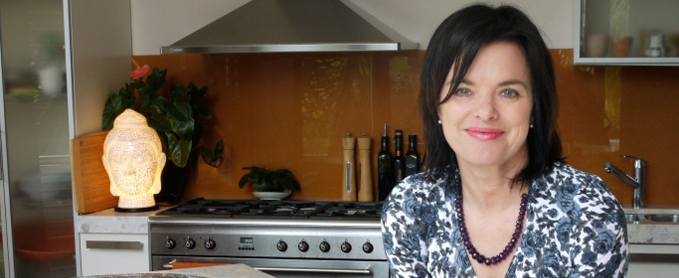
I love summer
Newsletter – November/December 2016 Living according to the season – the summer months How I love summer. The sun is out,
Ayurveda Health Auckland, New Zealand

Newsletter – November/December 2016 Living according to the season – the summer months How I love summer. The sun is out,

Over the past decade, Perry Macdonald has immersed herself in her passion for Ayurvedic medicine, a health system developed some